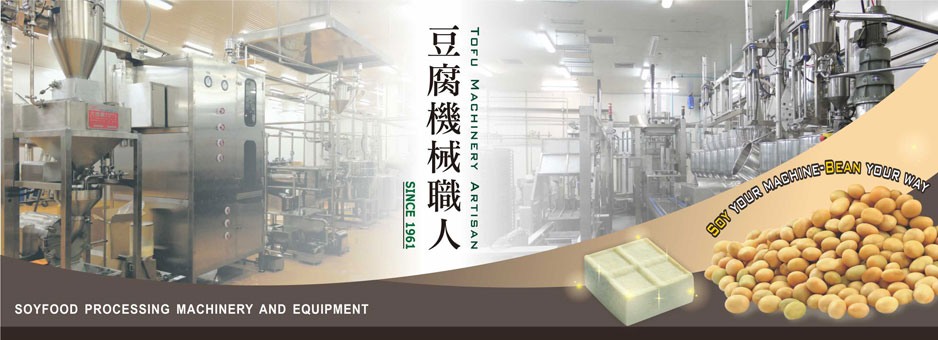Soy appears to be beneficial for fertility, as long as you don’t eat too much. Women undergoing in vitro fertilization who have environmental exposure to BPA are more likely to get pregnant if they also ate soy. That’s likely because soy’s isoflavones help neutralize the BPA’s endocrine-disrupting effects, researchers say.

Just don’t go overboard. Consuming over 100mg of soy isoflavones (the equivalent of 6-ounces uncooked tempeh or 16 cups soy milk) daily was linked to reduced ovarian function, found a Journal of Nutrition review. But moderate soy consumption didn’t pose a problem.
As for soy solving those annoying and disruptive hot flashes that accompany menopause? It might help, but not for everyone. Among women whose bodies produce the soy metabolite equol, those who ate the most soy experienced significantly fewer hot flashes and night sweats compared to those who ate the least, found one Menopause study. (Between 20% and 50% of North American and European women produce equol. Some research centers can test for it in a urine sample, but there’s an easier option: Try adding soy to your diet for four to six weeks and see what happens. If it helps, you produce equol. If it doesn’t, you probably don’t, the study authors say.)
https://www.goodhousekeeping.com/health/diet-nutrition/a20707020/is-soy-good-or-bad-for-you/





